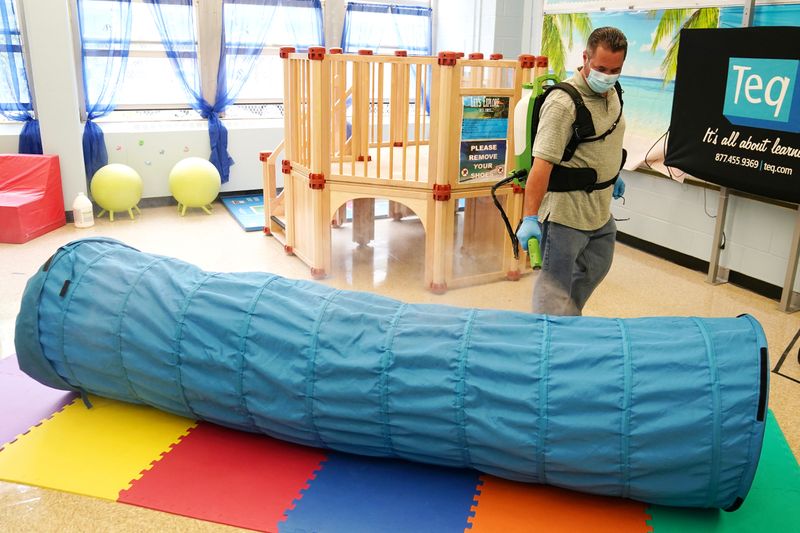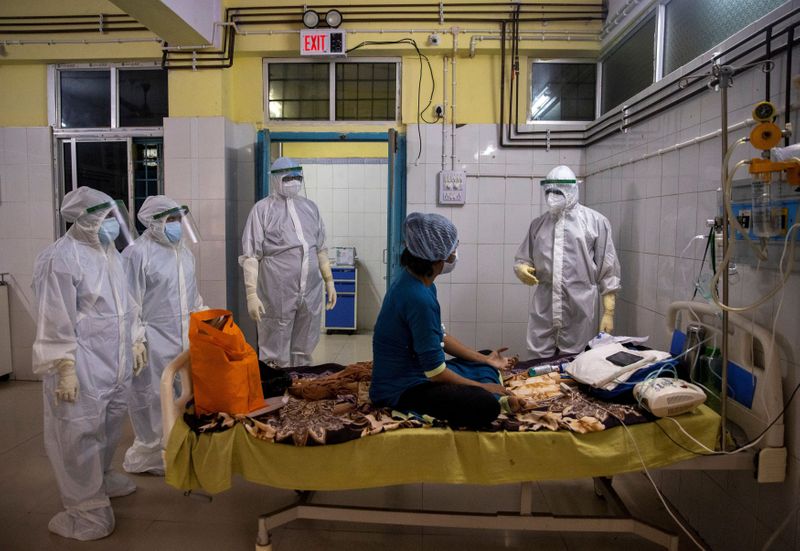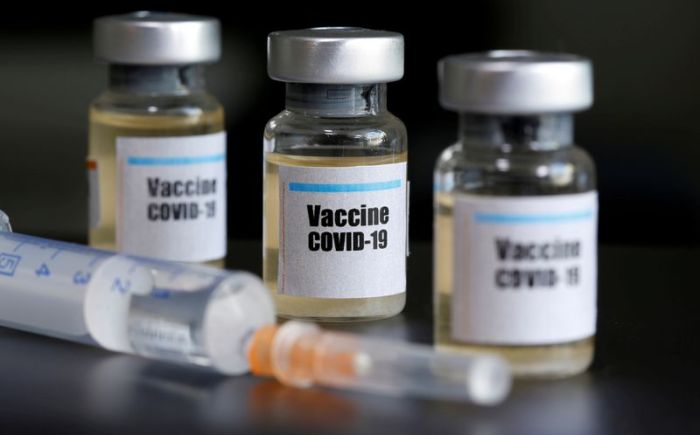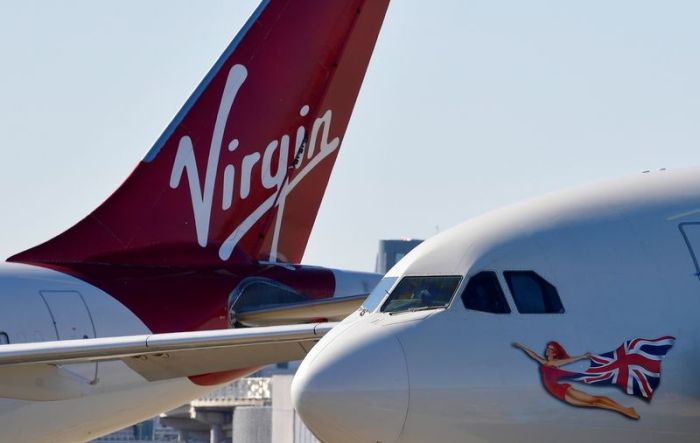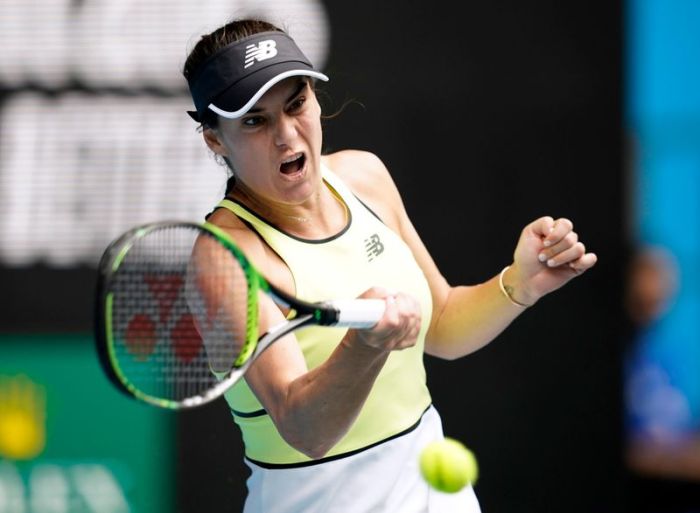(Reuters) – Here’s what you need to know about the coronavirus right now:
No widespread vaccinations until mid-2021
The World Health Organization does not expect widespread vaccinations against COVID-19 until the middle of next year, a spokeswoman said, stressing the importance of rigorous checks on their effectiveness and safety.
None of the candidate vaccines in advanced clinical trials so far has demonstrated a “clear signal” of efficacy at the level of at least 50% sought by the WHO.
Russia granted regulatory approval to a COVID-19 vaccine in August after less than two months of human testing, prompting some Western experts to question its safety and efficacy.
U.S. public health officials and Pfizer said on Thursday a vaccine could be ready for distribution as soon as late October. That would be just ahead of the U.S. election on Nov. 3 in which the pandemic is likely to be a major factor among voters.
Australian protests at virus restrictions grow
Australia’s prime minister pressed states to reopen their borders by December and ease restrictions, as businesses and locked-down households vented their frustration over deepening revenue and job losses.
Prime Minister Scott Morrison said the country would look to bring more Australians home, raising the cap from 4,000 a week, and suggested an eventual travel bubble with New Zealand would boost tourism and help revive the economy, which has fallen into recession for the first time since 1991.
“In the absence of a vaccine, we may have to live this way for years,” Morrison told reporters.
The strict lockdown has led to calls for protests this weekend, which police have aggressively tried to shut down. Video footage of police seeking to detain a woman and a man for inciting people to protest have gone viral on social media.
Airlines urge London-New York trial
Major airlines want the U.S. and British governments to launch a passenger testing trial for the coronavirus for flights between London and New York to pave the way for a resumption of more international travel.
In a letter to government transportation officials seen by Reuters, the chief executives of Airlines for America, Airlines UK, Heathrow Airport and Virgin Atlantic Airways said both governments should “establish passenger testing solutions in air travel.
“We believe that in the immediate absence of a vaccine, testing of passengers in aviation provides the best and most effective frontline defence.”
They urged the governments to establish a testing trial between New York and London by month’s end “to gather real world evidence and data.”
Jump in rural India’s cases
The sugarcane-growing village of Rajewadi in India’s west did not have a single confirmed coronavirus case until mid-August. Now one in every four people there has tested positive for the virus, with police blaming a local religious event for the spread.
Such spurts in cases in small towns and villages, where mask-wearing and social distancing have nearly vanished and community gatherings are back, explain why India’s infections are rising faster than anywhere else in the world and why the country is soon set to top 4 million cases.
“In April and May, people were following all the rules but now the mentality has changed. They have become casual and are taking coronavirus lightly,” said Subhash Chavan, civil surgeon in Satara district, where Rajewadi village is located. This trend has played out across India’s countryside where 60% of its 1.35 billion people live.
Berlusconi has pneumonia after positive virus test
Italy’s former prime minister Silvio Berlusconi, in hospital after testing positive for coronavirus, has been diagnosed with the early stages of double pneumonia, ANSA news agency reported.
Double, or bilateral, pneumonia affects both lungs and can make breathing difficult. The condition has been seen in many cases of patients hospitalised with COVID-19.
Berlusconi, 83, was taken to Milan’s San Raffaele hospital on Thursday evening, two days after his Forza Italia party announced he had tested positive for the novel coronavirus.
(Compiled by Linda Noakes; editing by Barbara Lewis)

